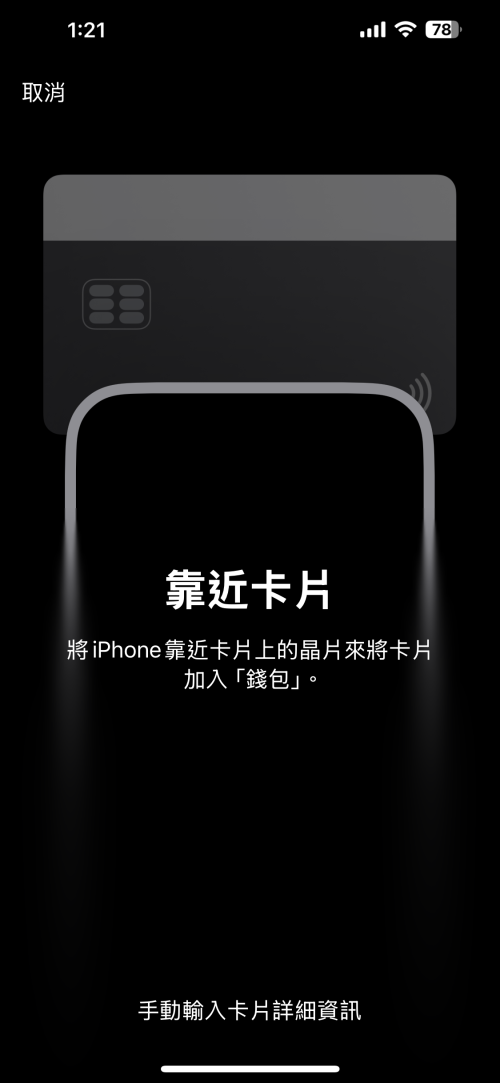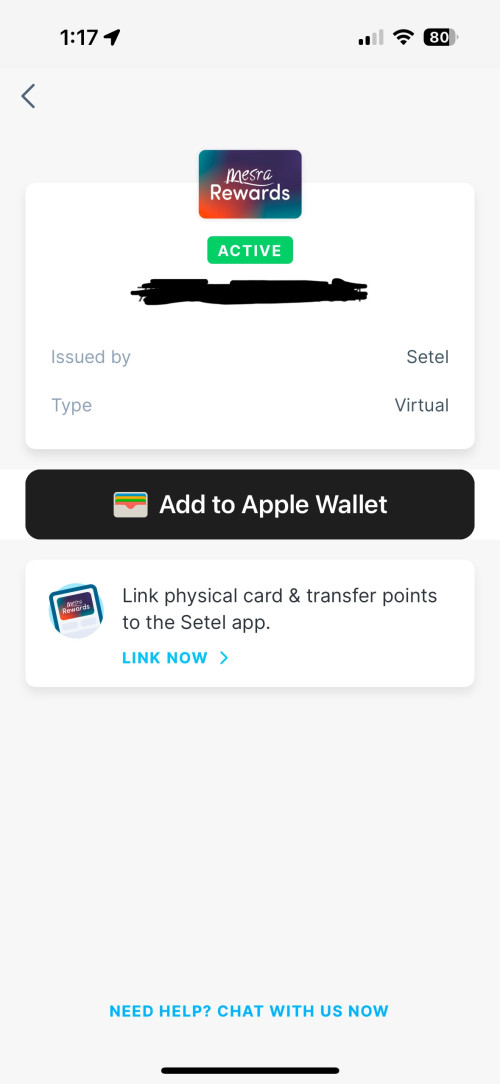QUOTE(Steve78 @ Aug 20 2024, 09:59 PM)
Again, you shifted the discussion to why banks might not enable Apple Pay, which isn't directly related to the "Apple tax" or your assertion that "Banks will pass the cost to us!". All digital payment methods, whether it's Android Pay, Samsung Pay, TouchnGo, GrabPay or else, involve fees since none of these payment solution providers operate as non-profit entities, they all have a financial motive behind offering these services.
If we are talking about bank acceptance, nearly all banks and credit unions in the US, about 80% in the UK and Australia, and over half in most developed countries support Apple Pay. This shows that most banks are willing to give up a small cut to Apple in exchange for enhanced security and a better payment experience for their customers. In return, Apple Pay users use more of the bank's services, creating a win-win scenario.
Your HSBC and SCB credit cards impose fees regardless of whether you use Apple Pay, so it's amusing that you'd come to such a conclusion.
The observations regarding the overwhelming support for Apple Pay among banks in the US, UK and Australia is definitely true, and I would like to point out a slightly different viewpoint on the Australian banking landscape.If we are talking about bank acceptance, nearly all banks and credit unions in the US, about 80% in the UK and Australia, and over half in most developed countries support Apple Pay. This shows that most banks are willing to give up a small cut to Apple in exchange for enhanced security and a better payment experience for their customers. In return, Apple Pay users use more of the bank's services, creating a win-win scenario.
Your HSBC and SCB credit cards impose fees regardless of whether you use Apple Pay, so it's amusing that you'd come to such a conclusion.
I believe that the banks in Australia is NOT as willing to pay the cut to support Apple Pay as it seemed, here's why:
1. 3 out of the big 4 banks formed a cartel after Apple Pay's launch in Australia attempting to force Apple in allowing access to iPhone’s NFC function for payment
ANZ Bank was the first to launch Apple Pay in Australia in 2016 (Source). Soon after, the 3 big 4 banks alongside another bank attempted to form a cartel to pressure Apple into allowing them access to the NFC function for payment (Source).
The attempt failed in 2017 when the competition watchdog in Australia ruled against this cartel formation (Source).
2. All of the big 4 banks in Australia supported Apple Pay today due to competition
As mentioned above, the first Apple Pay bank support in Australia was 2016. Despite the cartel formation having failed in early-2017, it wasn't until early-2019 that the 2nd bank (Commonwealth Bank) joined the party (Source). What we noticed soon after is that both NAB (Source) and Westpac (Source) launched respective's support as well for Apple Pay in mid-2019 and early-2020 respectively.
For anyone interested, Commonwealth Bank is the largest in Australia with a sizeable margins whereas ANZ is either 3rd or 4th. The above may point towards that Commonwealth Bank's decision to support Apple Pay as the domino piece to push the other 2 uninitiated parties onto adopting and paying the cut to Apple.
3. Commonwealth Bank CEO's stance on tech firms including Apple
Some articles for your reading:
Commonwealth Bank CEO: Apple Needs ‘More Scrutiny’
Not enough scrutiny of Meta, Apple, Google, says CBA’s Matt Comyn
While I definitely hoped that all card issuers will offer Apple Pay to their cardholder, ultimately it remains a commercial decision to be made by the issuers.
With that said, RHB Bank's recently addition to the Malaysian Apple Pay line-up is definitely a step towards incentivising other card issuers to adopt Apple Pay so as to remain competitive!


 Aug 27 2024, 02:20 AM
Aug 27 2024, 02:20 AM

 Quote
Quote

 0.0225sec
0.0225sec
 0.55
0.55
 6 queries
6 queries
 GZIP Disabled
GZIP Disabled